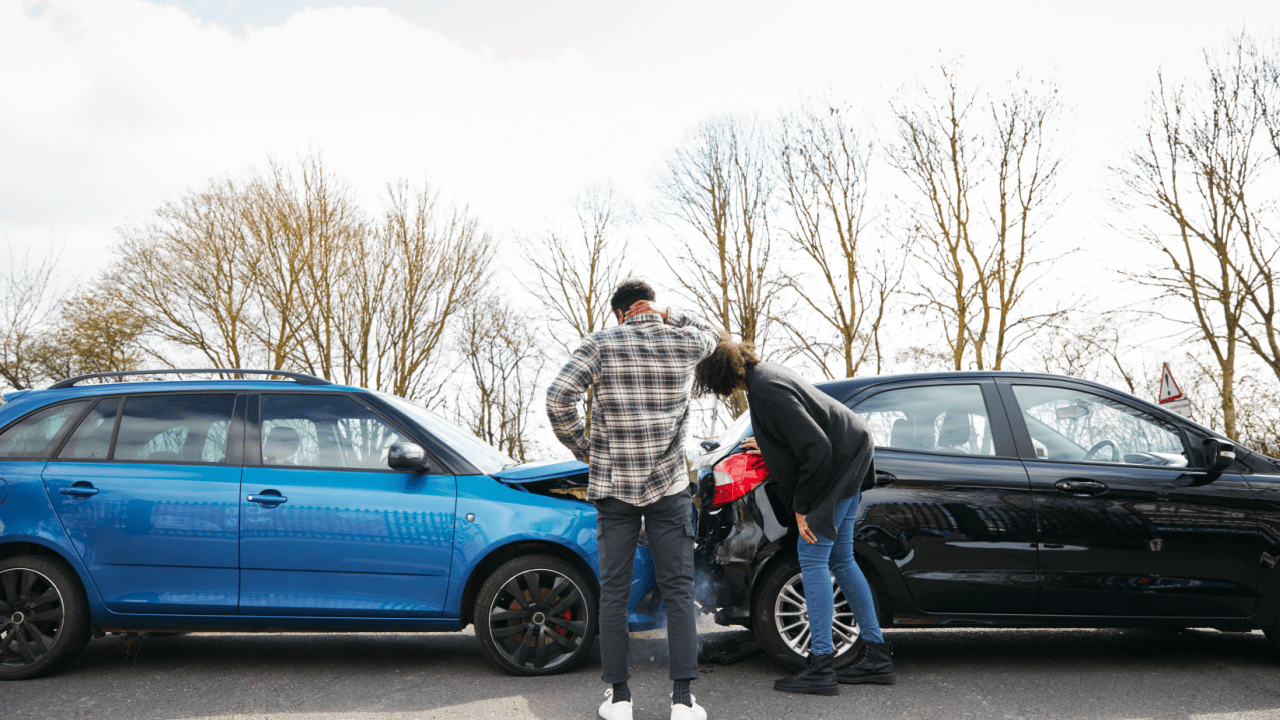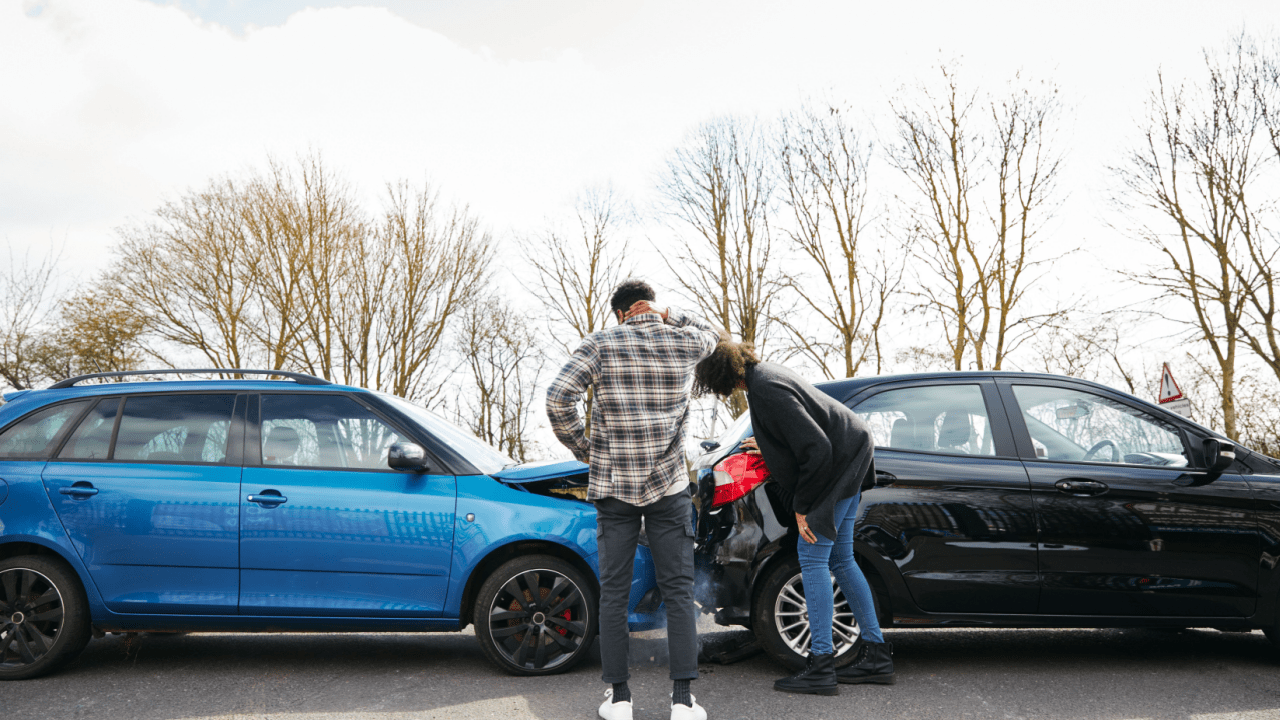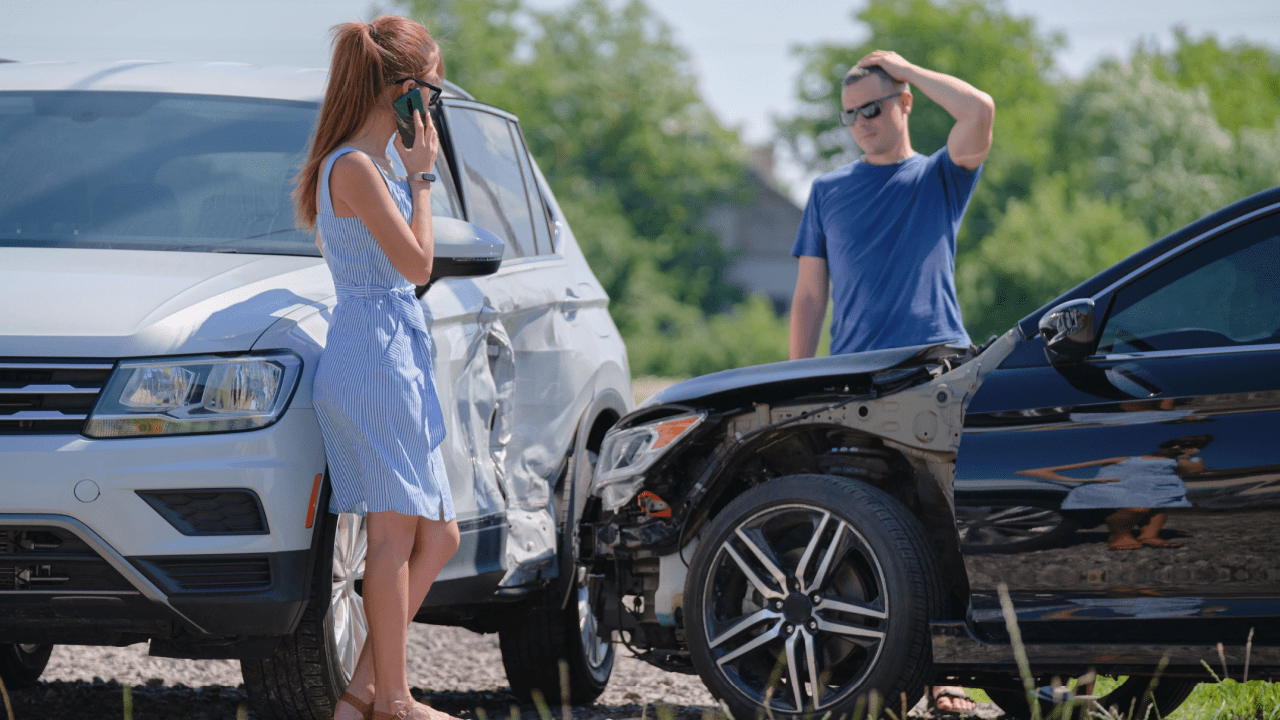- Mon - Fri: 8.30 AM - 5:00 PM
- 26565 Agoura Rd., 200, Calabasas, CA 91302
- 818-884-8075

Will Insurance Cover If I Hit Another Car? Coverage & Claim Guide
Will Insurance Cover If I Hit Another Car and Cause an Accident?
Will insurance cover if I hit another car? It’s a common and stressful question drivers ask after causing an accident. While getting into a crash is never ideal, the good news is that in most cases, your insurance will cover the damage—as long as you have the right types of coverage in place.
In this article, we’ll break down exactly what happens when you hit another vehicle, what types of insurance come into play, and how your coverage affects both your finances and the claims process.
What Happens Immediately After the Crash
If you’ve just been involved in a crash where you hit another car, your first steps matter—for both safety and insurance purposes.
Here’s what to do:
- Stop your vehicle and make sure everyone is safe
- Call the police to report the accident (required in many states)
- Exchange information with the other driver, including license, registration, and insurance details
- Take photos of the vehicles, license plates, and damage
- Notify your insurance provider as soon as possible
When you contact your insurer, you’ll begin the process of answering the most important question: will insurance cover if I hit another car?
If legal issues arise, working with auto accident lead providers can help you connect with the right attorney for your situation.
Liability Coverage and At-Fault Accidents
If you were at fault for the crash, your insurance coverage will likely kick in through your liability coverage.
There are two main parts:
Bodily Injury Liability: Covers medical expenses for the other driver and their passengers if they’re hurt
Property Damage Liability: Covers the cost of repairs or replacement for the other person’s car
Important to know:
- This type of coverage is required by law in almost every state
- It does not cover your own vehicle or injuries
- Coverage is subject to policy limits—for example, your insurer may cover up to $25,000 or $50,000 depending on your plan
So, will insurance cover if I hit another car? Yes, if you have active liability coverage, which most drivers do.
Will My Insurance Pay for the Other Driver’s Damages?
Yes—if you’re at fault and have liability insurance, your insurer will pay for the other party’s:
- Vehicle repairs or replacement
- Medical bills related to the accident
- Towing, rental car, or related costs (in some cases)
Keep in mind:
- Your insurance won’t pay more than your policy limits
- If damages exceed your limits, you could be personally responsible for the difference
- Some states use no-fault rules, but liability still applies for significant damages or injuries
If you’re unsure about how coverage applies in your state, TrafficAccidents.com offers a helpful breakdown of liability laws and no-fault policies.
What About My Own Car’s Repairs?
This is where collision coverage comes into play. If your car is damaged and you were at fault, liability insurance won’t cover your vehicle—only the other driver’s.
To repair your own car, you’ll need:
- Collision coverage, which is optional in most states
- Payment of a deductible, typically $500–$1,000 depending on your plan
So, will insurance cover if I hit another car and need to fix my own? Only if you’ve added collision coverage to your policy.
If you don’t have it, you’ll need to pay for your car’s repairs out of pocket—even if your insurer covers the other driver’s damages.
Understanding Insurance Coverage After Hitting Another Car
So, will insurance cover if I hit another car? In most cases, yes—your liability insurance should pay for the other driver’s vehicle repairs and medical expenses. However, it won’t cover your own car unless you’ve purchased collision coverage. To fully protect yourself financially, it’s important to review your policy limits and consider optional add-ons like collision and comprehensive coverage. Being proactive now can save you thousands in the event of a future accident.
For additional reading, check out this auto accident claim guide on Next Legal to better understand your rights after a crash.
Hit Another Car? Speak with a Legal Expert About Your Insurance Options
If you’re unsure will insurance cover if I hit another car or if you’re facing disputes with your insurer, Legal Brand Marketing can help. We connect drivers with experienced personal injury and insurance attorneys who understand how to navigate claims, liability disputes, and policy questions. Whether it’s a minor accident or a serious collision, don’t face it alone.
Contact us today to protect your rights and get the coverage guidance you need.
Frequently Asked Questions (FAQs)
1. Will my insurance still cover the accident if I was distracted or texting while driving?
Yes, liability insurance generally still applies even if the accident was caused by distracted driving. However, you may face additional legal or financial penalties, including tickets or increased premiums.
2. What happens if I hit a parked car and can’t find the owner?
You’re still legally required to report the accident—typically by leaving your contact information and notifying the police. Your liability insurance can still cover damages to the parked car.
3. Can the other driver’s insurance cover my damages if I was partially at fault?
In comparative fault states, yes. If both parties share responsibility, each driver’s insurer may cover a portion of the damages, depending on the percentage of fault assigned.
4. Will my premiums go up after filing a claim for hitting another car?
Most likely, yes. At-fault accidents often result in increased insurance rates at renewal, especially if you don’t have accident forgiveness included in your policy.
5. Is it possible for my insurance to deny coverage even if I have liability insurance?
Yes, if you were driving under the influence, using the vehicle for excluded purposes (like ridesharing without proper coverage), or if your policy had lapsed, coverage may be denied.
Key Takeaways
- Liability insurance typically covers the other driver’s vehicle and medical bills if you’re at fault in a collision.
- Your own car’s repairs are only covered if you have collision insurance, which is optional in most states.
- Coverage is limited by your policy’s liability caps, so it’s important to ensure your limits are high enough to avoid personal out-of-pocket costs.
- Your insurance rates may increase after an at-fault accident, especially without accident forgiveness or a clean driving history.
- Being transparent, taking photos, and reporting the incident promptly are key steps to protect yourself legally and financially after a crash.



